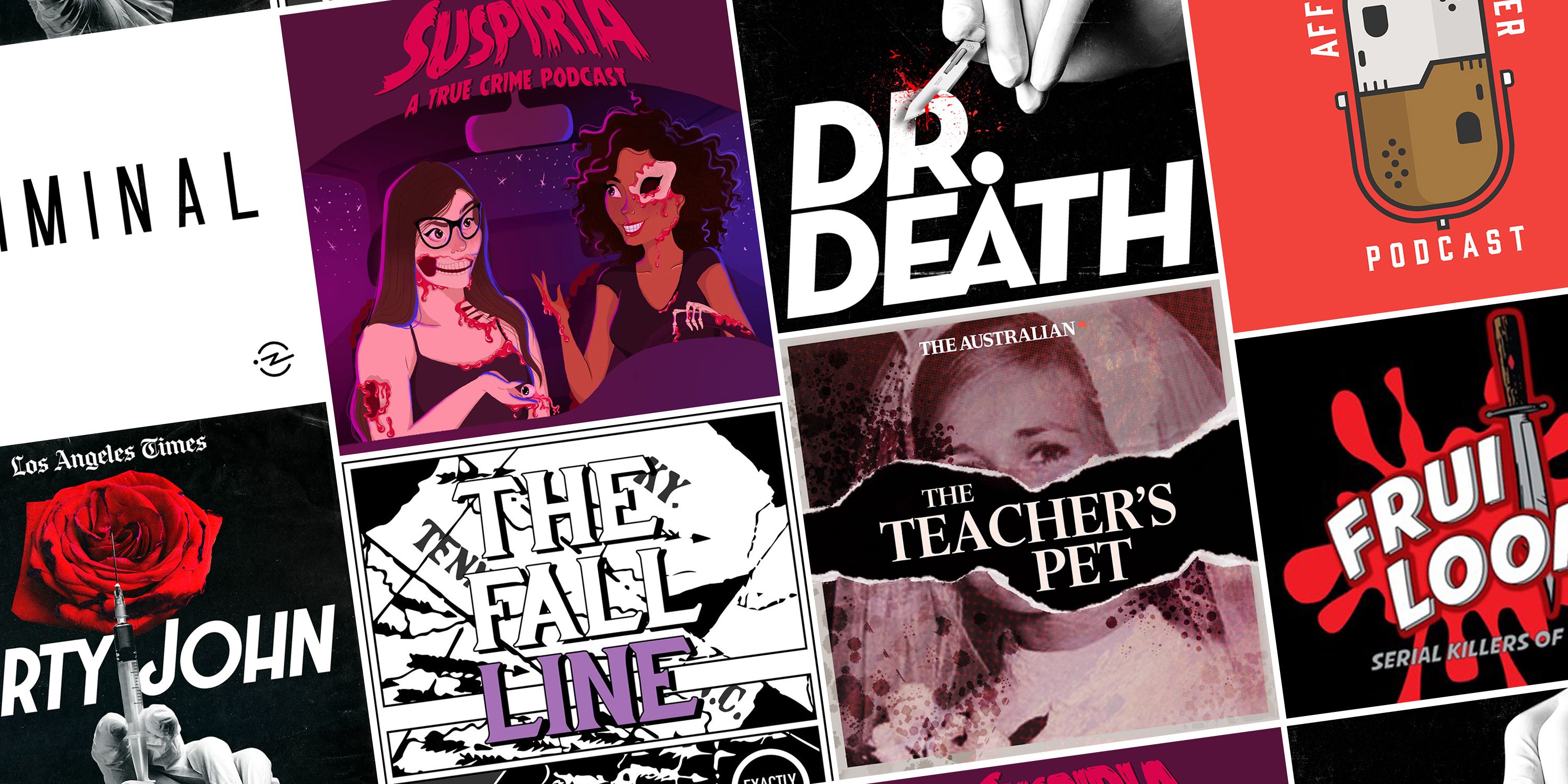Following the disappearance and death of Gabby Petito, many have begun to question the ethics involved in the True Crime genre.

Gabby Petito was a 22-year-old vlogger travelling from Long Island to Oregon with her fiancé. The couple were supposed to road trip for four months from July. But her fiancé’s solo arrival home in September was cause for alarm. Unfortunately, Petito’s body was found 20 days later, when her fiancé then went missing. He is being treated as a suspect in her death. Police body-cam footage of Petito and her fiancé went viral, after 911 was called following a physical altercation between them.
Petito’s case going public meant that many were now predicting how she ended up in her predicament. On TikTok alone, #GabbyPetito has 1.4B views, with videos ranging everywhere from news updates to tributes. However, the popularity of this crime has also led to an unfortunate increase in “true crime analysts”. They are using Gabby Petito’s death like a Netflix murder mystery, completely ignoring the ethics involved with her case.
Lack Of Ethics and Responsibility
Many people were treating Petito’s disappearance like a game show, as though they were personally going to catch the killer. The case was not treated like one that, from current police evidence, appears to be one of serious domestic abuse.
One TikTokker, Kelly Ferro, came to the forefront surrounding this case. Kelly was claiming to be a psychic and “communicating with Gabby” through spiritual means. She claimed that she was able to channel the fiancé’s being, and when Petito initially disappeared, she was telling her audiences that she didn’t “feel” that Petito was in Wyoming. This was quickly proven wrong, however, when her body was indeed found in Wyoming.
Another instance was when Kelly was saying that Petito’s fiancé told her he was “not trying to purposefully hurt Gabby”. She was also liking comments saying that he did not have a murderer’s psychic energy and was a good person. What this does is undermine the experiences of those in abusive situations by saying that someone has to act a certain way to be considered bad. It invalidates victims of assault. And with an abuse case as popular as Gabby’s, this could prevent someone from reporting how they’re being treated. Seeing how one person can be treated in media can stop them from attempting to report the situation they are in, furthering the stigma around domestic abuse.
Alternatives?

While true crime discussions have been growing in popularity, there needs to be a greater awareness of how these topics are discussed. Rather than discussing whether someone was murdered over a makeup tutorial or cookie decorating TikTok, perhaps bringing awareness towards the issues faced by the victims would be a much more noble use of time.
It could be directing people towards charities and organisations. Or it could be bringing light to POC that have also gone missing but are not receiving the same attention. There are many alternatives to the current face of True Crime that would not serve to bring additional grief onto victims who are scared for their lives.






